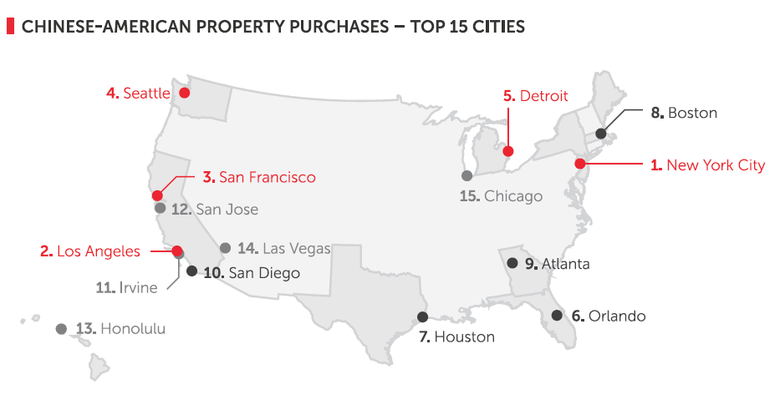 Concentrate on what is important. The most important thing when I am trading is profit and education, to some extent. You can get to profit many ways but your actions need to all bend towards that one objective. Me talking about my position takes me away from analyzing the position. Also, for me, it makes me less flexible. Now I am thinking about what the market is doing and how I look to other people. Also, if you are going to talk your book the most effective way is to get out into it, albeit the most unethical.
Concentrate on what is important. The most important thing when I am trading is profit and education, to some extent. You can get to profit many ways but your actions need to all bend towards that one objective. Me talking about my position takes me away from analyzing the position. Also, for me, it makes me less flexible. Now I am thinking about what the market is doing and how I look to other people. Also, if you are going to talk your book the most effective way is to get out into it, albeit the most unethical. - Start with a logical thesis. For example, leave out the fact that you said the following about the company “offers a useful, attractively priced service to customers, is growing like wildfire, is very well managed, and has a strong balance sheet,” but still decided to short the company anyways. I realize this statement does not always mean a stock price is going to rise but the next logical step does not mean the stock is going down.
- Follow your plan. Do not make reference to your strategy as the following “outright frauds (our very favorite), industries in decline or facing major headwinds, weak or faddish business models, bad balance sheets, and incompetent,excessively promotional and/or crooked management” and not follow it. See above statement.
- Do your research before you make a trade. Don’t use anything with the word “monkey” in it for research purposes and tell someone about it. Also, 500 people is not a very big sample size.
- And finally, don’t act like a loss is the end of the world or a win. If you are doing the right things, your best and worst days are always ahead of you. After the trade is over the next trade is the most important, once again assuming you are doing the right things.
Nothing is ever going to prevent you from losing but there are several things that can prevent you from winning over a long period of time.

 Concentrate on what is important. The most important thing when I am trading is profit and education, to some extent. You can get to profit many ways but your actions need to all bend towards that one objective. Me talking about my position takes me away from analyzing the position. Also, for me, it makes me less flexible. Now I am thinking about what the market is doing and how I look to other people. Also, if you are going to talk your book the most effective way is to get out into it, albeit the most unethical.
Concentrate on what is important. The most important thing when I am trading is profit and education, to some extent. You can get to profit many ways but your actions need to all bend towards that one objective. Me talking about my position takes me away from analyzing the position. Also, for me, it makes me less flexible. Now I am thinking about what the market is doing and how I look to other people. Also, if you are going to talk your book the most effective way is to get out into it, albeit the most unethical. 




 People don’t seem to grasp easily the fundamentals of stock trading. I have often said that to buy on a rising market is the most comfortable way of buying stocks. Now, the point is not so much to buy as cheap as possible or go short at top prices, but to buy or sell at the right time. When I am bearish and I sell a stock, each sale must be at a lower level than the previous sale. When I am buying, the reverse is true. I must buy on a rising scale. I don’t buy long stock on a scale down, I buy on a scale up.—-
People don’t seem to grasp easily the fundamentals of stock trading. I have often said that to buy on a rising market is the most comfortable way of buying stocks. Now, the point is not so much to buy as cheap as possible or go short at top prices, but to buy or sell at the right time. When I am bearish and I sell a stock, each sale must be at a lower level than the previous sale. When I am buying, the reverse is true. I must buy on a rising scale. I don’t buy long stock on a scale down, I buy on a scale up.—-